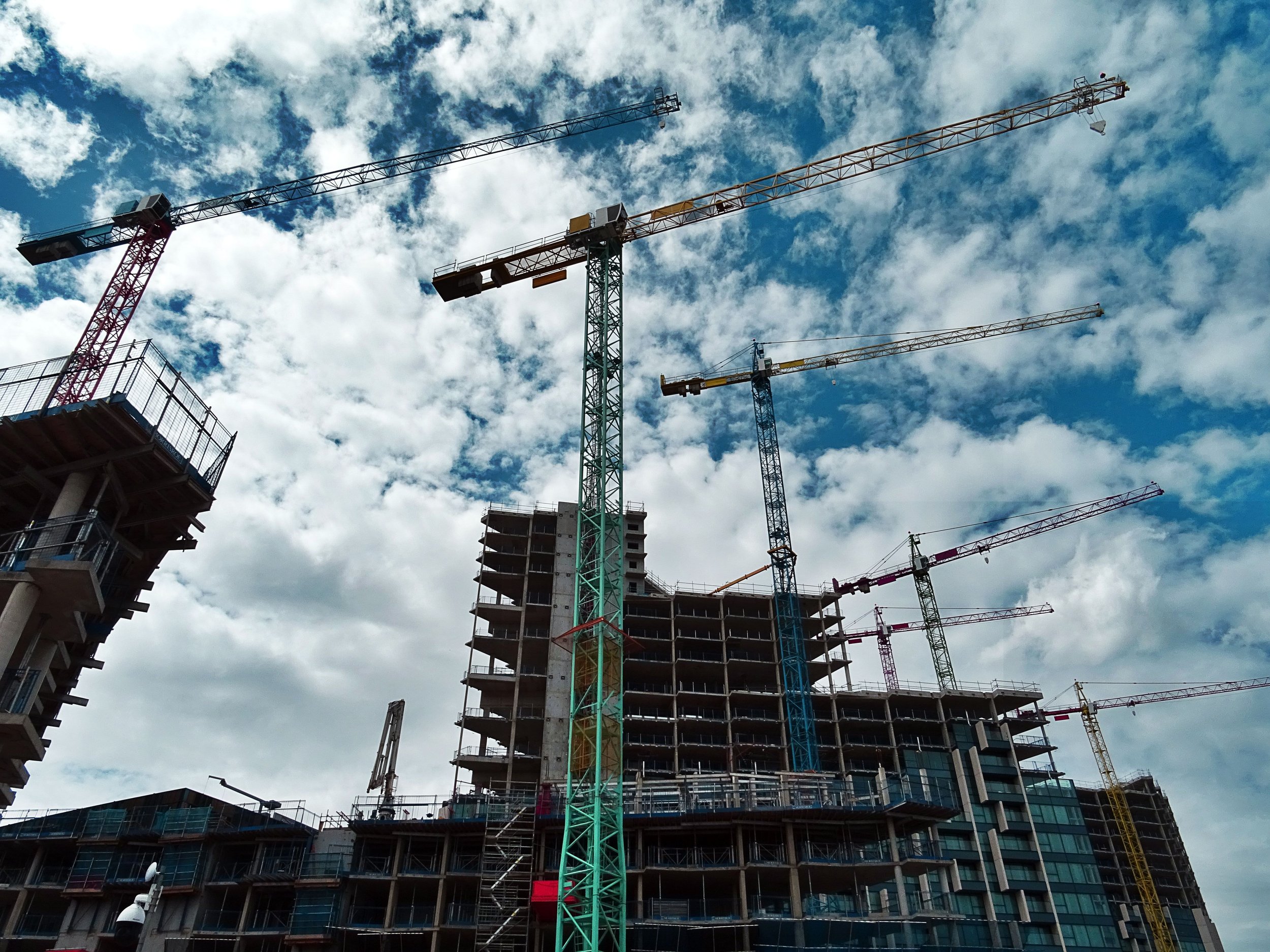
Our Census Bureau is understaffed and underfunded—the quality of its data is suffering
Already facing resource shortages, new federal budget cuts call into question the very future of the Census Bureau itself.

We need to talk about inclusionary zoning
Inclusionary Zoning is a band-aid solution to a crisis that demands major surgery. It’s time to confront why this policy hasn’t worked—and what we should do instead.

Marginal conveyance tax rates would advantage the majority of Hawaiʻi’s local homeowners
Hawaiʻi has some of the highest home prices in the nation, yet our current, flat conveyance tax structure fails to ensure that real estate market activity meaningfully contributes to affordable housing, infrastructure, and community investment.

What’s in store for 2025: Hawaiʻi Appleseed transportation equity projects on the horizon
In 2025, we’ll take a greater look at more equitable approaches to traffic enforcement, the impacts of parking mandates on affordable housing, and addressing the unique mobility challenges that women and their families face.

How a second Trump presidency could impact the pocket books of Hawaiʻi’s working families
Outside of the top 5 percent richest households, families will likely see significant tax increases, while the cost of consumer items would spike under proposed tariffs.

Census poverty data for 2023 highlights the importance of government assistance
Promising trends for families across the nation, but many continue to feel the lasting effects of widespread unemployment during the pandemic, a rising cost of living, and inadequate government assistance.

Federal spending reduced overall poverty last year despite the pandemic-recession
But in Hawaiʻi, tens of thousands of residents below the poverty line still struggled to make ends meet.

Hidden data: the untold story of Native Hawaiian children in foster care
Because data influences government investments of tax revenue, data disaggregation provides a voice to the voiceless and representation to the disenfranchised.

Hawaiʻi can and must do better on gender equity
One area with a glaring and persistent lack of parity is how much we pay for work performed by women compared to that of men.

How to make housing affordable to local buyers: Lessons from ALOHA Homes
Highlights from the interim ALOHA Homes study, commissioned by the Hawaiʻi Housing Finance and Development Corporation (HHFDC).

Trump’s tax cuts gave Hawaiʻi’s rich a windfall; recapturing it would help our economy
The Tax Cuts and Jobs Act worsened economic inequality. It’s time to ask the households that benefitted the most from that windfall to contribute more to the common good.

Appleseed agenda 2021: stop cuts, boost working families and the economy
Hawaiʻi Appleseed’s work during the 2021 legislative session focuses on the areas most critical to preserving the strength and stability of Hawaiʻi people, families and communities.

Native Hawaiian healing from white settler injustices and continued discrimination
Racial healing is no less urgent in Hawaiʻi than it is across the nation. We must advance solutions that support and restore Native Hawaiian self-determination.

Data sovereignty and disaggregation research to be featured at State Capitol
Data disaggregation and data ensure that state spending is adequate and appropriately allocated, and that revenues are assessed and collected fairly.

Continuing research into poverty and housing with Hawaiʻi Community Foundation grant
The grant continues generous support from Hawaiʻi Community Foundation for fact-based research into budget, tax and housing policy issues that affect the wellbeing of Hawaiʻi’s people.

The Micronesian community is being disproportionately harmed by COVID-19
Given the precarious situation in which COVID-19 places the Micronesian community, the State of Hawaiʻi must take steps to help in both the short and long term.

Hawaiʻi’s crowded households could make safely reopening schools harder
The decision to reopen public schools must take into consideration that Hawaiʻi students go home to households that are more than twice as likely to be multigenerational and crowded than the national average.

Hawaiʻi’s job losses are increasing economic inequity
Because of the way Hawaiʻi’s economy is structured, those who were already struggling to earn enough before COVID-19 are also the most likely to lose a job.

Disaggregating data helps replace racist policies with anti-racist ones
One often overlooked way in which racism manifests itself in our policies is through our use of data. Disaggregating data can help end racist policies.

Who are Hawaiʻi’s frontline workers?
The pandemic has shown us how crucial frontline industry workers are to Hawaiʻi’s economy. Sadly, many of these workers are underpaid and under-protected.
